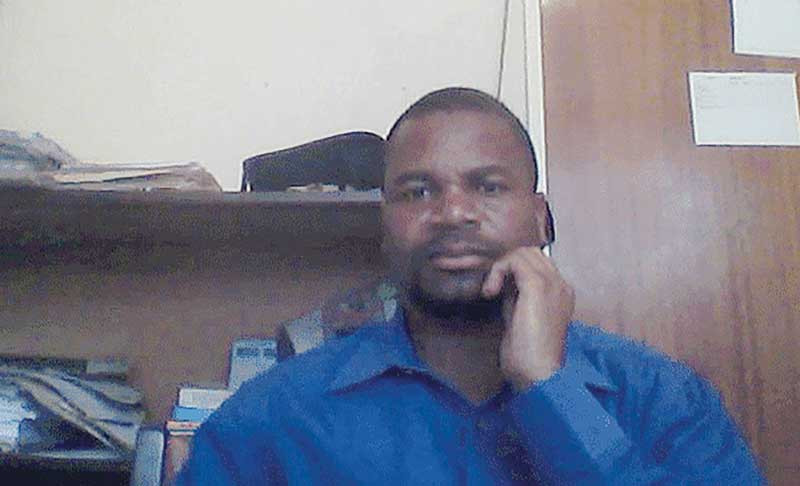
From time immemorial, through the pre-industrial era, the industrial revolution and the current global high-tech environment, energy has been instrumental and transformative to the global economic landscape. Developed countries which invested in energy as a finite resource, built empires, shaped and transformed their economies to what they are today, despite the damage done by the forms of energy they established in a planet which is now sick and intoxicated hence it needs healing.
The discourse of today, whether real or mere greenwash, points towards transition from fossil fuels to clean energy transition or low carbon economies. It has always been every country’s desire to realise its deliverance from the carbon emission curse. At the same time, this has also proved to be a process that is too problematic as main actors in fossil fuel mining and burning cannot reform themselves out of the carbon emission gravy train, anytime soon. Even in the present framework of conference of parties, the unproductive global gatherings and talk shows that have seen the whole global village agreeing to invest in time wasting and null talk, nothing much has been realised ever since.
While it took centuries and generations for some minerals like coal, oil and gas to dominate the global energy mix, it can also mean taking into account minerals like cobalt, lithium, copper, nickel, among others to make global renewable energy transition possible, without even attending a single COP.
In this regard, it is the thrust of this discussion to foreground the global geopolitics of the essential minerals highlighted above on how best they can phase out each other without divine intervention or deliverance. It is also significant in this discussion, to point out why exactly, in the presence of all these unfolding solutions, things do not work out in the manner they should. This is where the global energy power relations come in, to divide and confuse the world, to sow seeds of disunity, wars and conflicts. In the midst of global energy power relations, main actors or leading global polluters make other actors and everyone act according to their goals and strategies. This has resulted in climate injustices making it impossible for global ecological sanity and cohesion to prevail.
Despite energy transitional solutions in sight, the main global energy actors continue to invest in environmental quandary, language and communication games, just to make the most noise, divert attention to destabilise and make low carbon transition unachievable. My sympathy, empathy, conviction, worry and concern, goes to African or developing countries which produce cobalt, copper, lithium and nickel but do not have any rights, plans or influence over the minerals they produce. These countries have actually surrendered the control of their god-given natural finite resources to global powers in the form of investments which have so far not yielded anything concrete and tangible.
In Africa, countries that produce cobalt are the DRC, Morocco, South Africa, Madagascar, Zambia and Zimbabwe. On the global landscape, Australia, Russia, China, Canada, US, Brazil, among others, also produce cobalt but I have reservations if these elite countries except Brazil ever bothered to mine their cobalt. This is due to their presence on the African continent where they have established a strong footprint in conjunction with their local proxies to loot as they please, in the form of investments which benefit only a few.
DRC is the world’s largest producer of cobalt, pegged at 70% of the global output but it has stinking poverty. Cobalt is an essential resource which helps countries accelerate their transition to low carbon emissions and ensure clean energy transition that the present climate discourse so much cherishes.
Cobalt is used in the manufacturing of rechargeable batteries, mobile phones and electronics which drive green energy technologies today. This also includes powering new electronic vehicles currently proving a hit in developed countries.
- Late former VP Nkomo aide Wolfenden dies
- Bulawayo to host regional World Press Freedom Day commemorations
- COP27: Zimbabwe’s opportunity to shine
- Don’t blame A$AP Rocky for rumours: Rihanna
Keep Reading
The problem with DRC is that despite having such a world acclaimed energy powering mineral, it is engrossed in energy poverty, sponsored militias causing conflicts and endless wars, poverty and corruption.
That is DRC, one of the world’s richest countries in minerals but poor and has become a battleground for greed multinationals hence it has not known peace ever since. Surprisingly, all the global big brothers US, China, France, Australia, among others, have negative footprints all over the DRC.
The other mineral at the heart of global energy transition is Lithium. Countries that are blessed with this finite resource in Africa are DRC, Ghana, Mali, Namibia and Zimbabwe. While a number of African countries have not engaged in active lithium mining, it is Zimbabwe and Namibia that are currently mining one of the world’s most valuable minerals.
- Peter Makwanya is a climate change communicator. He writes in his personal capacity and can be contacted on: [email protected]








